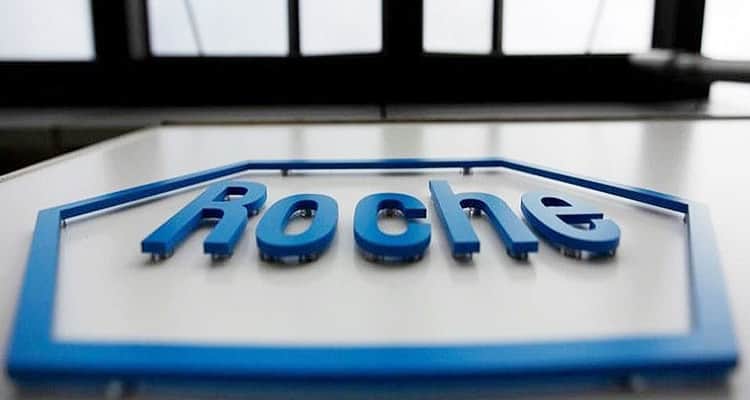FDA accepts application for Roche’s Faricimab
If approved, Faricimab would be the first and only medicine designed to target two distinct pathways that drive retinal diseases that can cause vision loss
Roche has announced that the US Food and Drug Administration (FDA) has accepted the company’s Biologics License Application (BLA), under Priority Review, for Faricimab for the treatment of neovascular or “wet” age-related macular degeneration (nAMD) and diabetic macular edema (DME). The FDA has also accepted the company’s submission for diabetic retinopathy, a company statement said.
It also said that Faricimab will be the first and only bispecific antibody designed for the eye, if approved. It targets two distinct pathways – via angiopoietin-2 (Ang-2) and vascular endothelial growth factor-A (VEGF-A) – that drive a number of retinal conditions that can cause vision loss.
Levi Garraway, MD, PhD, Chief Medical Officer and Head, Global Product Development, Roche, said, “If approved, Faricimab would be the first in a new class of eye medicines targetting two key pathways that drive retinal disorders, with the potential to offer durable vision outcomes with fewer eye injections than the current standard of care. Therefore, we hope Faricimab will become a new treatment option for millions of people living with nAMD and DME.”
According to the statement, neovascular AMD and DME are two leading causes of vision loss among adults worldwide. The BLA submission is based on positive results across four phase-III studies in nAMD and DME. The studies consistently showed that Faricimab, given at intervals of up to four months, offered non-inferior vision gains compared with aflibercept, given every two months. Approximately, half of the people eligible for extended dosing with Faricimab were able to be treated every four months in the first year in the Tenaya and Lucerne studies in nAMD and the Yosemite and Rhine studies in DME.
Faricimab is the first injectable eye medicine to achieve this length of time between treatments in phase-III studies for nAMD and DME. Furthermore, approximately three-quarters of people eligible for extended dosing with Faricimab were able to be treated every three months or longer in the first year. It was generally well-tolerated in all four studies, with no new or unexpected safety signals identified, the statement mentioned.
It also notified that Roche also has long-term extension studies underway for Faricimab. These include Avonelle X, an extension study of Tenaya and Lucerne evaluating the long-term safety and efficacy of Faricimab in nAMD, and Rhone X, an extension study of Yosemite and Rhine evaluating the long-term safety and efficacy of Faricimab in DME. Additionally, the Comino and Balaton trials are also underway, evaluating the efficacy and safety of Faricimab in people with macular edema secondary to two types of retinal vein occlusion (RVO): central RVO and branch RVO.
The European Medicines Agency (EMA) has also validated the Faricimab Marketing Authorisation Application for the treatment of nAMD and DME, according to the statement.


